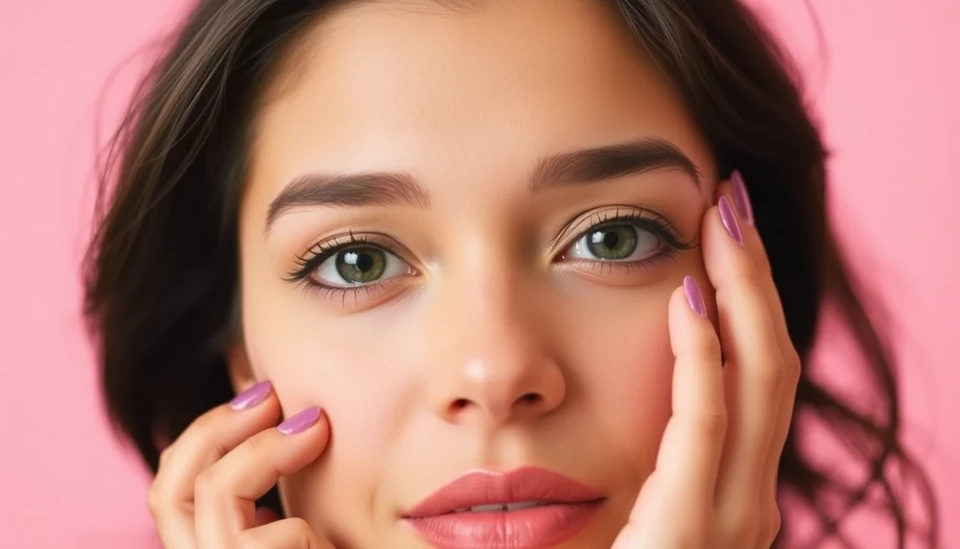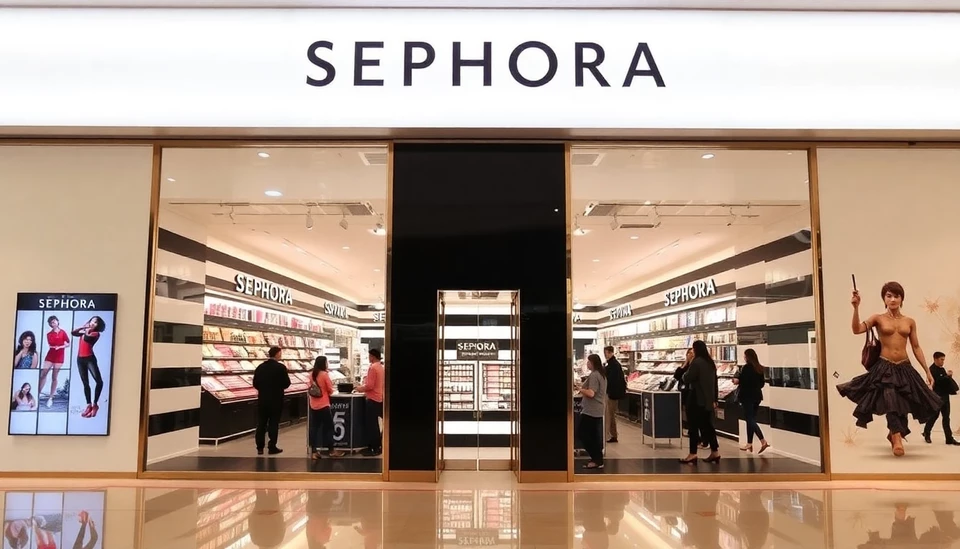
In a recent exploration of shopping behavior, beauty retail giant Sephora has turned its attention to the potential correlation between heightened stress levels from the recent elections and an uptick in consumer purchases. This curious inquiry comes in the wake of a nationwide period of election-related anxiety that many believe may have influenced shopping habits across various sectors.
The findings from Sephora's research team aim to delve into how external events, particularly politically charged ones, can affect decision-making processes and spending, particularly within the beauty and cosmetics industry. Observers note that during periods of heightened stress or uncertainty, individuals often engage in what is known as “retail therapy,” whereby shopping serves as a means to alleviate emotional distress.
Sephora’s investigation specifically seeks to assess whether these emotional responses translated into increased purchasing behaviors among their consumer base, reflecting a broader trend that some retailers are noticing in their sales figures post-election. The retailer has expressed interest in understanding not only the volume of purchases during this period but also which product categories saw the most significant increases in sales.
Initial reports and consumer data suggest a potential spike in sales of makeup and skincare products following the elections, leading Sephora to further examine these trends. The question remains whether this shopping behavior is a direct result of election-related stress or if other factors such as social media trends and influencer marketing could also be playing a role in the observed uptick.
In an era where brands are increasingly focused on mental health and wellness, Sephora is looking to align its products and offerings with consumer needs during tumultuous times. The inquiry is not only about understanding shopping patterns but also about fostering a connection with consumers who might be using their products as a comfort during stressful situations.
This analysis highlights a significant shift in how retailers approach consumer behavior, particularly in response to sociopolitical climates. As companies like Sephora navigate these waters, they may adapt their marketing strategies to resonate more deeply with their audience's emotional well-being, promoting products as not just beauty essentials but as tools for self-care during trying times.
As the investigation unfolds, the findings could lead to broader insights applicable across various industries, revealing the complex relationship between consumer behavior, psychological state, and external socio-political environments. Such knowledge could empower brands to craft more empathetic and adaptive retail strategies that prioritize consumer mental health while driving sales.
As we witness these developments, the beauty retail landscape is poised for potential shifts that could redefine how and why consumers shop in the future.
#Sephora #RetailTherapy #Election2024 #ConsumerBehavior #MentalHealth #ShoppingTrends #ElectionStress
Author: Victoria Adams
